
Hopping on Hibiscus
Local agribusiness partners with CAES to test health benefits of roselle
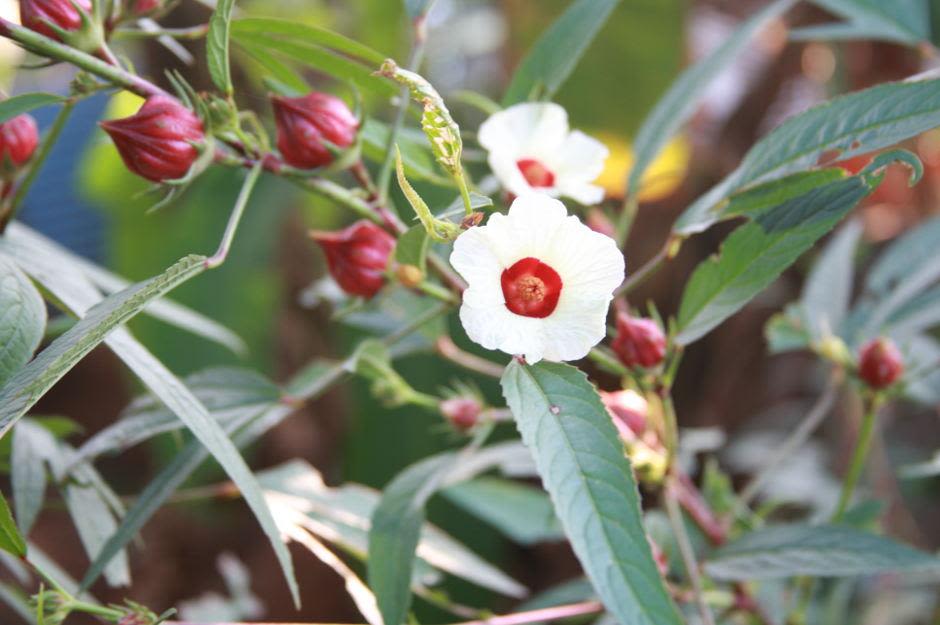
YaSin Muhaimin's family had worked in agriculture for three generations. But neither he nor his son Najeeb Muhaimin had been farmers before Hurricane Katrina devastated New Orleans in 2005, wiping out everything the family owned.
Amid their loss, YaSin Muhaimin and his wife, Elaine Muhaimin, moved to Zachary, Louisiana, on the outskirts of Baton Rouge, and started a small poultry operation.
The couple began growing Hibiscus sabdariffa, commonly known as roselle, on the poultry farm through a partnership with Louisiana State University and Southern University and A&M College, producing teas, jellies and chutneys to sell locally.
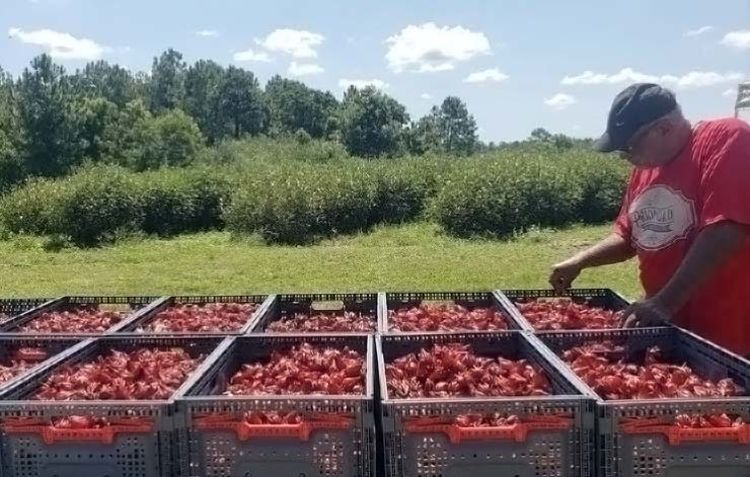
YaSin Muhaimin adds a harvest of hibiscus calyxes to the Pride Road market wagon.
YaSin Muhaimin adds a harvest of hibiscus calyxes to the Pride Road market wagon.
Budding entrepreneurs
The entrepreneurial aspect of the business appealed to Najeeb Muhaimin, who had moved to Georgia after Hurricane Katrina.
“My sister had moved to Georgia before Hurricane Katrina and my brother moved after. Given the challenges I was faced with in New Orleans after Hurricane Katrina, I decided to move to Georgia,” Najeeb Muhaimin said. “So I drove out in my Chevy Camaro with everything I owned in it. And I still had room to fit three more people.”
Now the Muhaimins are co-owners of Pride Road, an agribusiness that grows, harvests and processes Georgia-grown hibiscus into products including jellies, chutneys, dry herbal teas, and bottled teas and sodas sold through farmers markets and small businesses throughout the state.
Pride Road worked with the University of Georgia’s Food Product Innovation and Commercialization Center (FoodPIC) to develop their variety of hibiscus products, and in 2018 their hibiscus jelly was a finalist in the jams and jellies category at the Flavor of Georgia food products competition.
This year, they entered two products in the Flavor of Georgia contest: hibiscus peach chutney and hibiscus habanero jelly. Their hibiscus peach chutney won the Condiments and Salsas category in the competition, which was held in Athens on April 21.
It was while working in information technology for the American Cancer Society in 2007 that Najeeb Muhaimin met his wife, Millie Muhaimin. They were married in 2010 and soon began discussing starting a business growing and producing hibiscus products, like his father had in Louisiana.
Joined by his parents, the Muhaimins started Pride Road by growing hibiscus in several Georgia cities — including Vidalia, Atlanta, Fayetteville, Sylvester and Riceboro — before partnering with George High at Cedar Seeder Farm in Snellville, Georgia, who taught them regenerative methods of growing hibiscus, and Grant Carter of Carter’s Farm in Enigma, Georgia, who helped them expand the acreage and yield of their crops.
Flower to bottle
In 2019, the couple purchased a processing facility in Lithonia, Georgia, where they are able to take their hibiscus from raw material to finished product.
“It is a vertical process where we grow, harvest, process and bottle everything ourselves. It’s not just about the farm,” said Muhaimin, who is also a member of the Georgia National Guard. “It is on a small scale, but we see it as an opportunity and a challenge.”
In 2020, while seeking a university partner to help him develop mechanized harvesting and processing tools for hibiscus — a labor-intensive practice traditionally done by hand — Muhaimin met Chris Rhodes, director of industry partnerships at CAES. Rhodes knew that Anand Mohan and Govindaraj Dev Kumar, researchers in the Department of Food Science and Technology, were interested in studying the potential health benefits of hibiscus, so he made the connection between the businessman and the researchers.
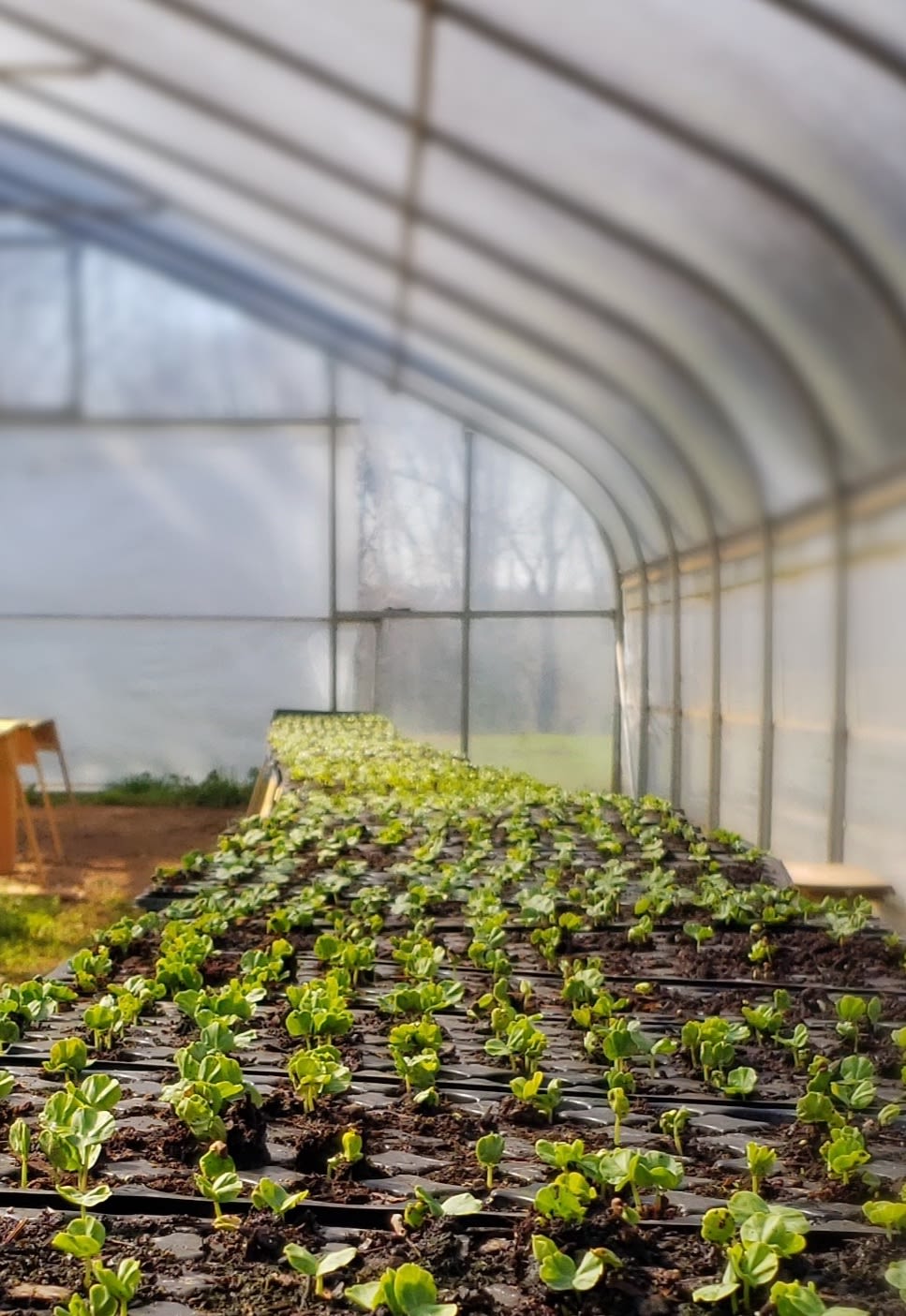
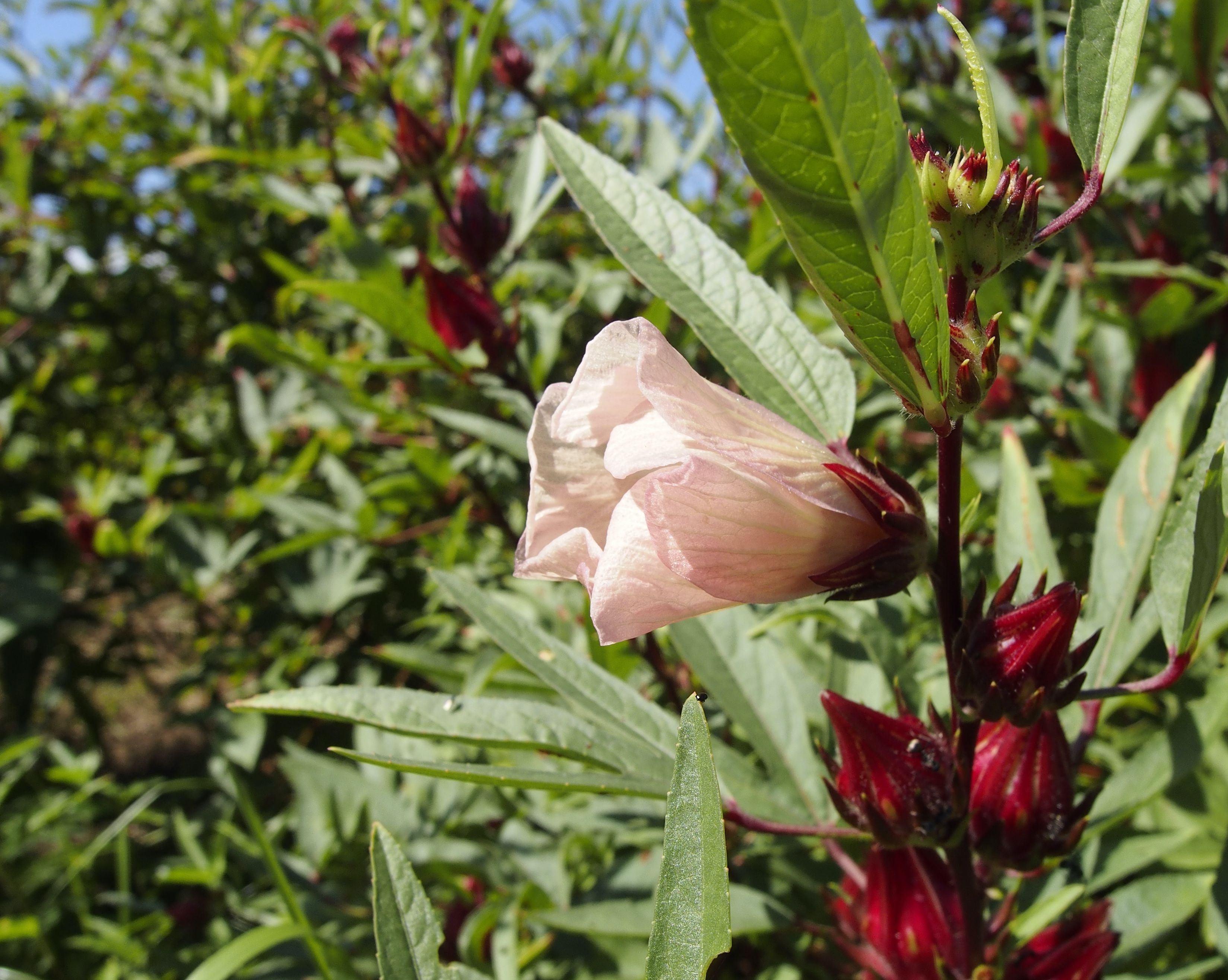
On the cusp
“Hibiscus is not a very big crop yet here in the U.S. The market is growing now, but 90% of the hibiscus currently used in the U.S. is imported, dried hibiscus,” said Mohan, who specializes in new food product development and food ingredient technology. “Hibiscus tea is considered very healthful and is something people in many parts of the world consume. Our scientists are working with Pride Road’s hibiscus to really look at what the nutritional or health value might be. We’re working to get better information about the real value of the crop from a nutritional standpoint.”
Dev Kumar said he was aware of previous studies that indicated hibiscus has a variety of health benefits, from aiding in weight loss and improving heart and liver health to fighting cancer and bacteria.
“I have heard of its potential antimicrobial activity and I was always interested in testing it out,” said Dev Kumar, who used leaves and calyxes from Pride Road’s hibiscus plants to create four different extracts he tested for effectiveness against E. coli bacteria.
“We used a pathogenic strain of E. coli that has been associated with lettuce outbreaks and tested whether these extracts could reduce the bacteria’s ability to grow,” Dev Kumar said.
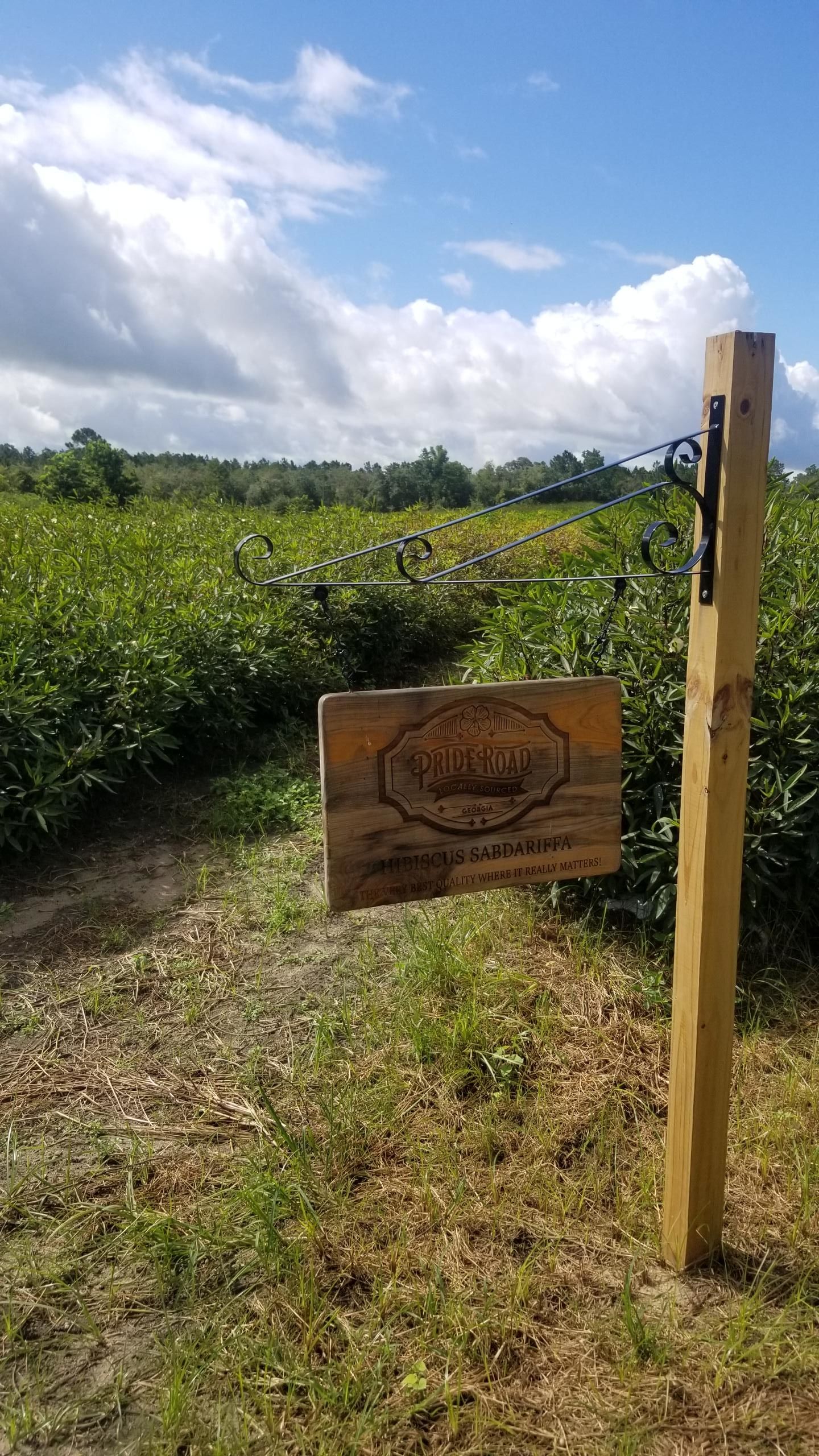
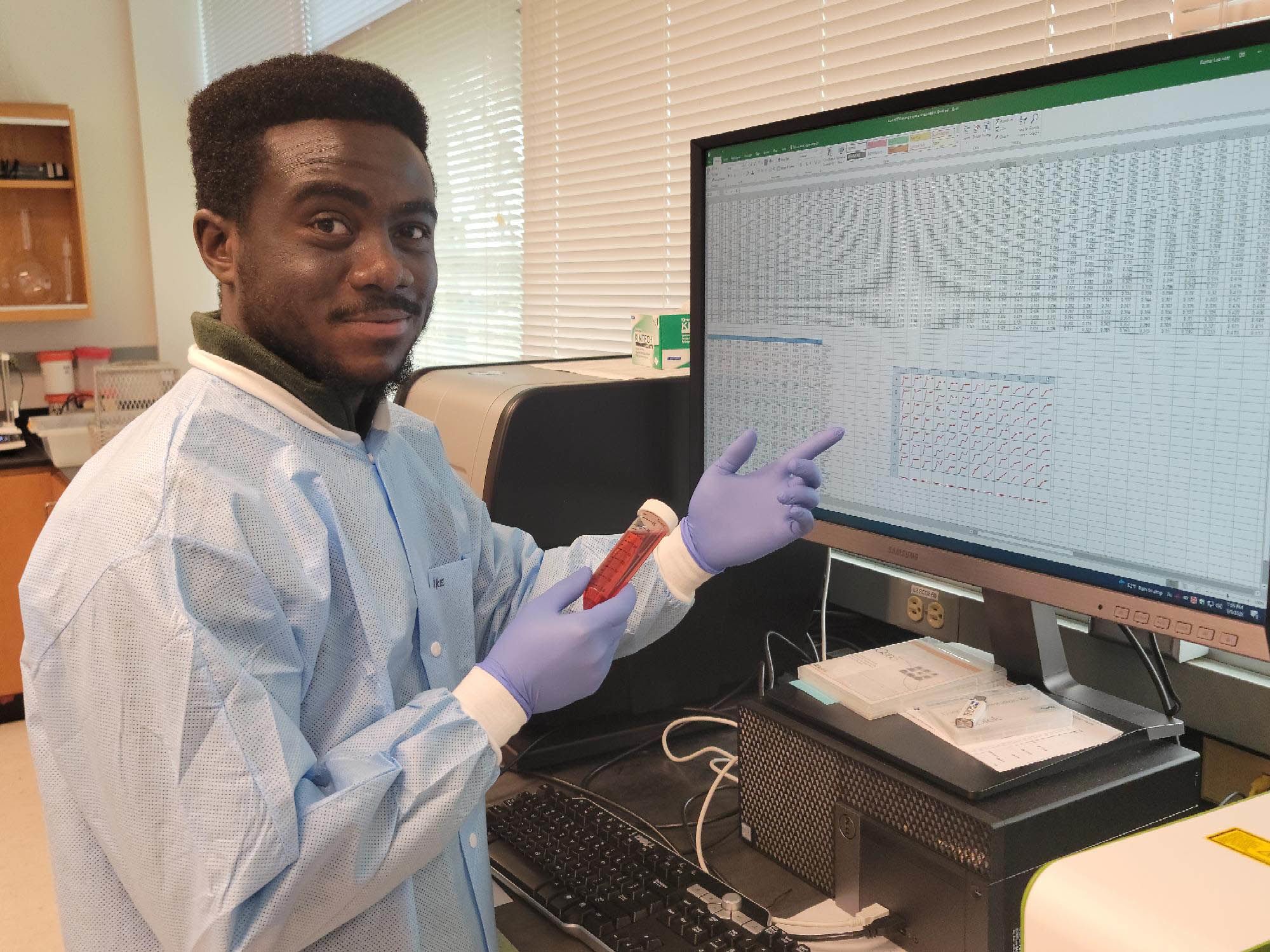
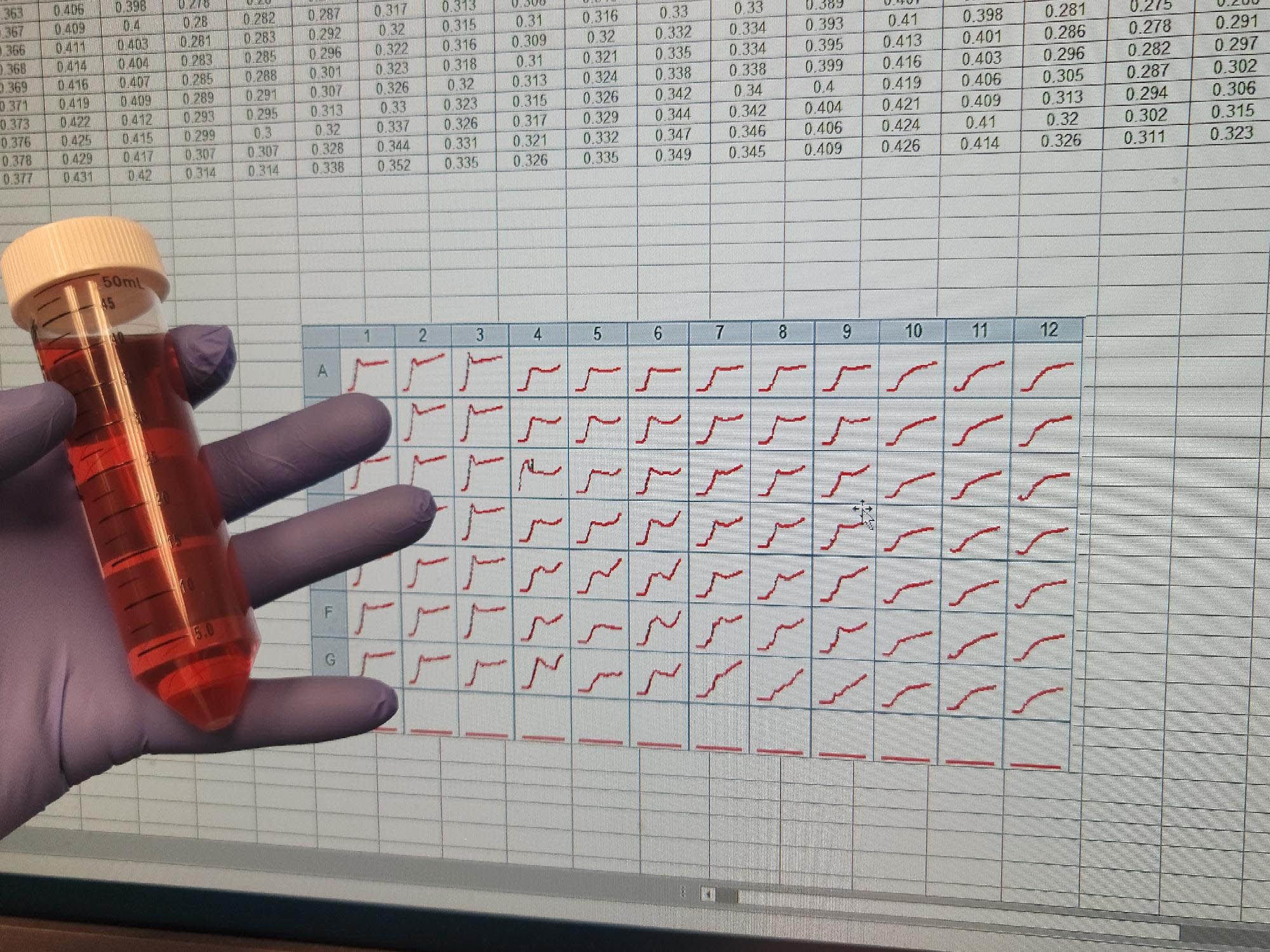
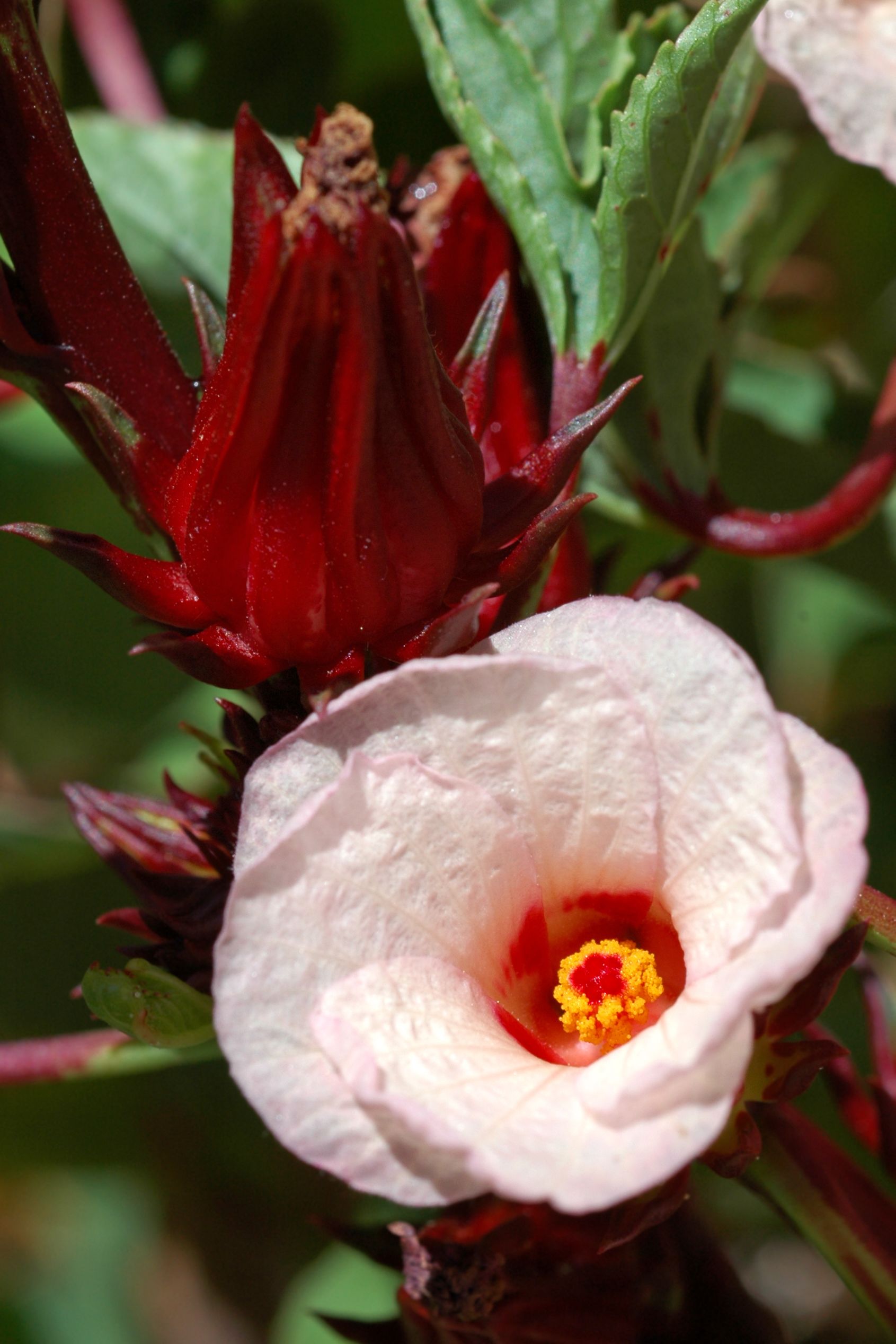
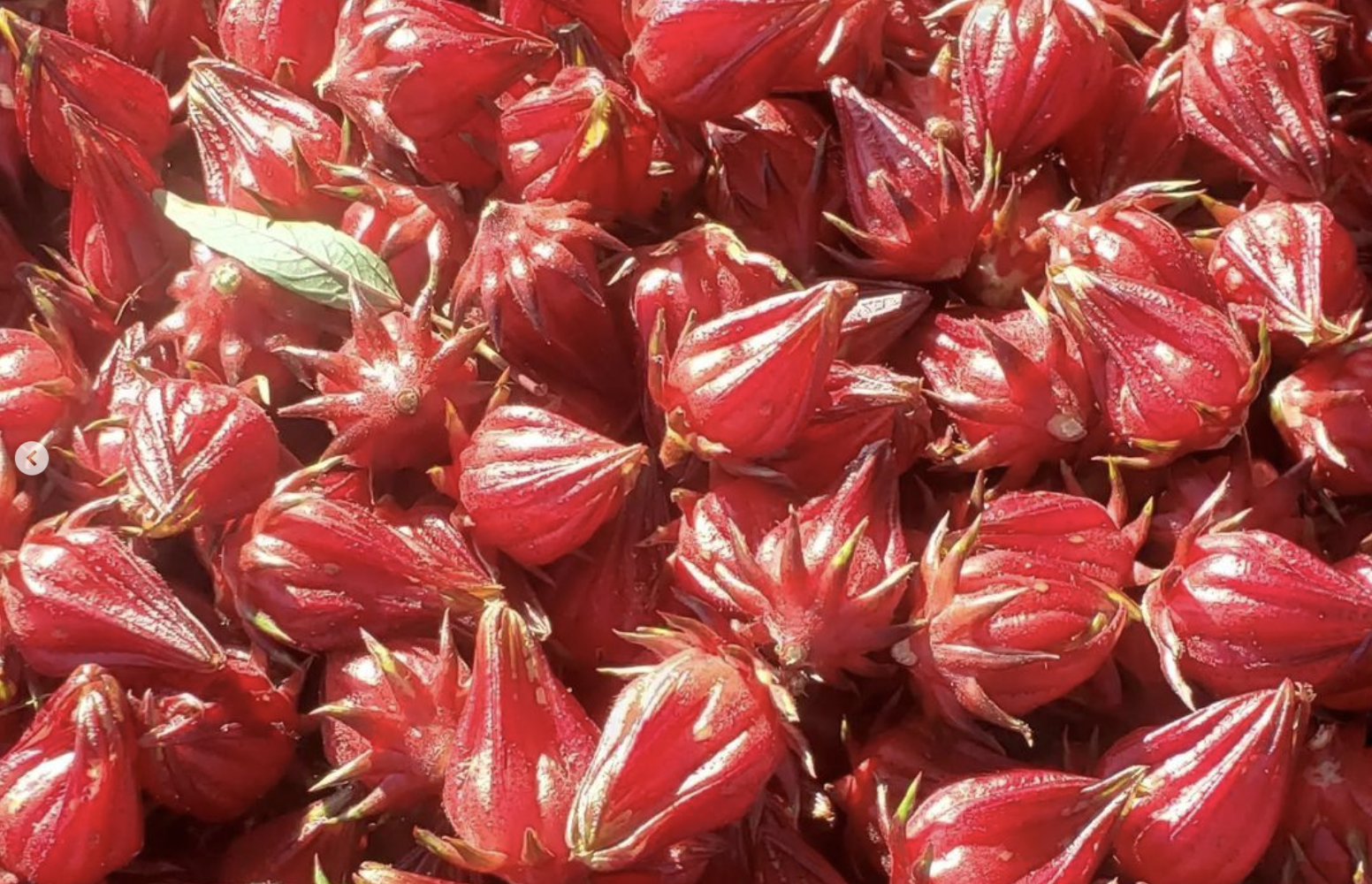

Pride Road grows hibiscus on partner farms including Cedar Seeder Farm in Snellville, Georgia, and Carter’s Farm in Enigma, Georgia.
Pride Road grows hibiscus on partner farms including Cedar Seeder Farm in Snellville, Georgia, and Carter’s Farm in Enigma, Georgia.

Ikechukwu Oguadinma, a doctoral student in Govind Dev Kumar's lab, analyzed four roselle extracts and their influence on the growth curves of E. coli bacteria.
Ikechukwu Oguadinma, a doctoral student in Govind Dev Kumar's lab, analyzed four roselle extracts and their influence on the growth curves of E. coli bacteria.

Graduate student Ikechukwu Oguadinma displays a vial of hibiscus extract against a computer screen showing the growth curves of E. coli bacteria treated with four different extracts.
Graduate student Ikechukwu Oguadinma displays a vial of hibiscus extract against a computer screen showing the growth curves of E. coli bacteria treated with four different extracts.

Hibiscus sabdariffa is native to Africa and is also cultivated in Asia, the Caribbean and other areas around the world.
Hibiscus sabdariffa is native to Africa and is also cultivated in Asia, the Caribbean and other areas around the world.

Pride road uses the extract from Hibiscus sabdariffa calyxes to make tea and other products.
Pride road uses the extract from Hibiscus sabdariffa calyxes to make tea and other products.
One of the four extracts demonstrated a significant impact on the on the growth rate of the bacterial strain in lab studies, a finding that could lead to naturally derived additives made from hibiscus that could inhibit the growth of microorganisms in an ingredient in other food products.
“These are preliminary results that show certain formulations of the hibiscus extract prevent E. coli from growing really quickly in a medium where bacteria grows really well,” Dev Kumar said. “For us, that shows that there might be some potential to explore this further.”
Mohan likens the interest in hibiscus products to other “superfood” trends over the past several years. “Is this the next chia seed? I feel like they might be on the front edge of something here,” he said.


